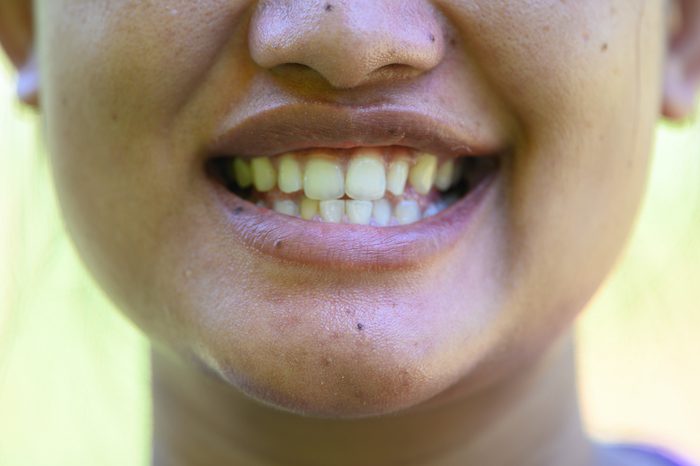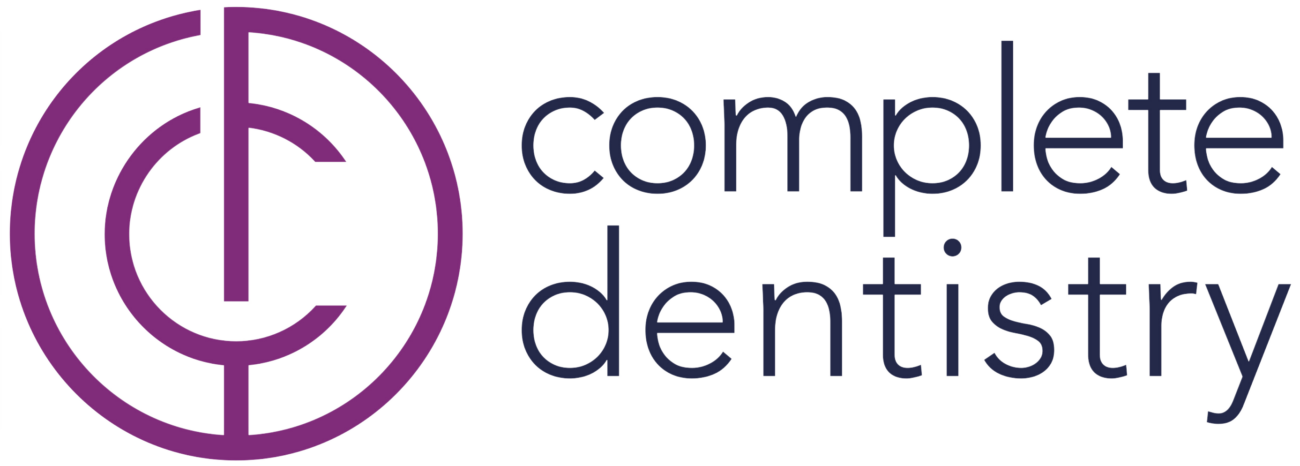An unbalanced bite occurs when your teeth don’t line up properly when your mouth is closed. Though you may not think it’s that big of a problem, an unbalanced bite can lead to serious oral health issues. A balanced bite plays a big part in having a healthy, functional smile. It’s important to correct an unbalanced bite to ensure proper mouth function.
The Impact of an Unbalanced Bite
Your mouth is designed so that all teeth share the pressure when biting down or chewing on something. The teeth work together to distribute the pressure evenly throughout the mouth. In an unbalanced bite, certain teeth take on more pressure than others. Those teeth wear down faster than the other teeth in your mouth. They’re also more likely to chip or break because they take on more than their share.
An uneven bite is one of the biggest contributors to problems with TMJ disorders. When the teeth don’t line up properly, there’s uneven pressure on the jaw joint, and it doesn’t track the way it should. The muscles that help control the jaw become strained, and you may experience side effects. These include pain and pressure throughout your jaw and face, as well as clicking and popping of the jaw and difficulties opening and closing your mouth.
An unbalanced bite can actually increase your likelihood of gum issues, too. The pressure on your gums is uneven, and they may swell or recede in different areas. These things make the gums more susceptible to damage or developing gum disease and other gum problems.
Treating an Unbalanced Bite
The obvious fix for an unbalanced bite is to put everything back in balance, but how is that done? It starts with your Lexington, KY dentist. She will evaluate the bite problems and your jaw health to determine causes and possible treatment options. She may also order x-rays and scans to see what is going on under the surface.
From there, the treatment plan depends on the scale of the misalignment and the cause.
Reshaping Teeth
If the bad bite results from a few teeth that don’t quite fit, then reshaping is a possible fix. Dental bonding is a corrective procedure that alters one or two teeth’ length, shape, and positioning. It improves the smile while ensuring all teeth fit together to give you a tight, healthy bite.
Orthodontic treatment
Orthodontic treatments such as Invisalign use a series of aligners to straighten teeth. Misalignment is a common cause of a bad bite, and shifting teeth into new positions will balance the alignment, making the bite more natural. Invisalign offers the added benefit of using removable appliances. Patients take them out when they eat and brush, so there are fewer secondary dental problems due to poor oral hygiene. Invisalign treatment time lasts, on average, for one year.
Reconstruction
Tooth damage or loss can lead to bite misalignment. The most practical way to fix the problem is to restore your smile. How your dentist reconstructs your teeth depends on the extent of the loss.
Reconstructive examples include:
- Dental implants replace missing teeth. With an implant, the dentist embeds a post in the jaw that holds a prosthetic tooth.
- Porcelain inlays or onlays can fill damaged areas on the tooth. Just filling cavities or fixing fractures may be enough to restore balance to the bite.
- Dental bridges fill in the gaps. Bridges fill spaces with artificial teeth. Combined with dental implants, a bridge can be a cost-effective option to repair a broken smile.
- Partial dentures are another solution for closing gaps in teeth. The dentist will make an appliance with artificial teeth to synchronize with your bite, so you not only restore your smile but also fix a bad alignment.
Do you think you have an unbalanced bite? Call our office or schedule an appointment online for an examination.
